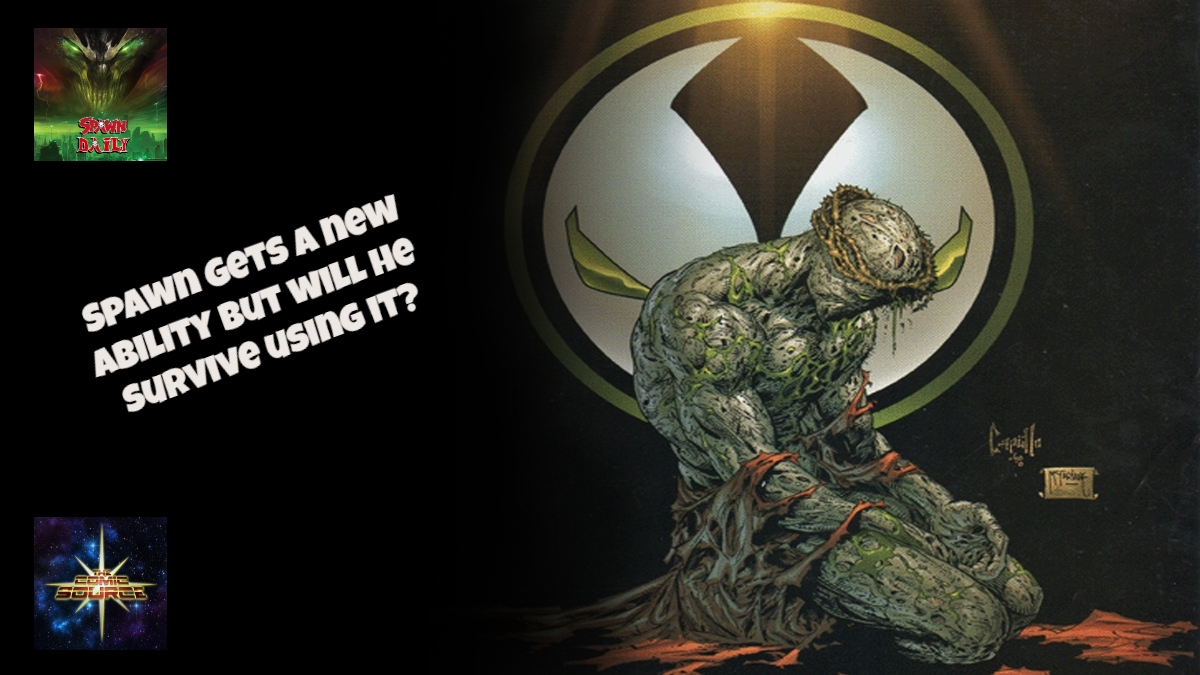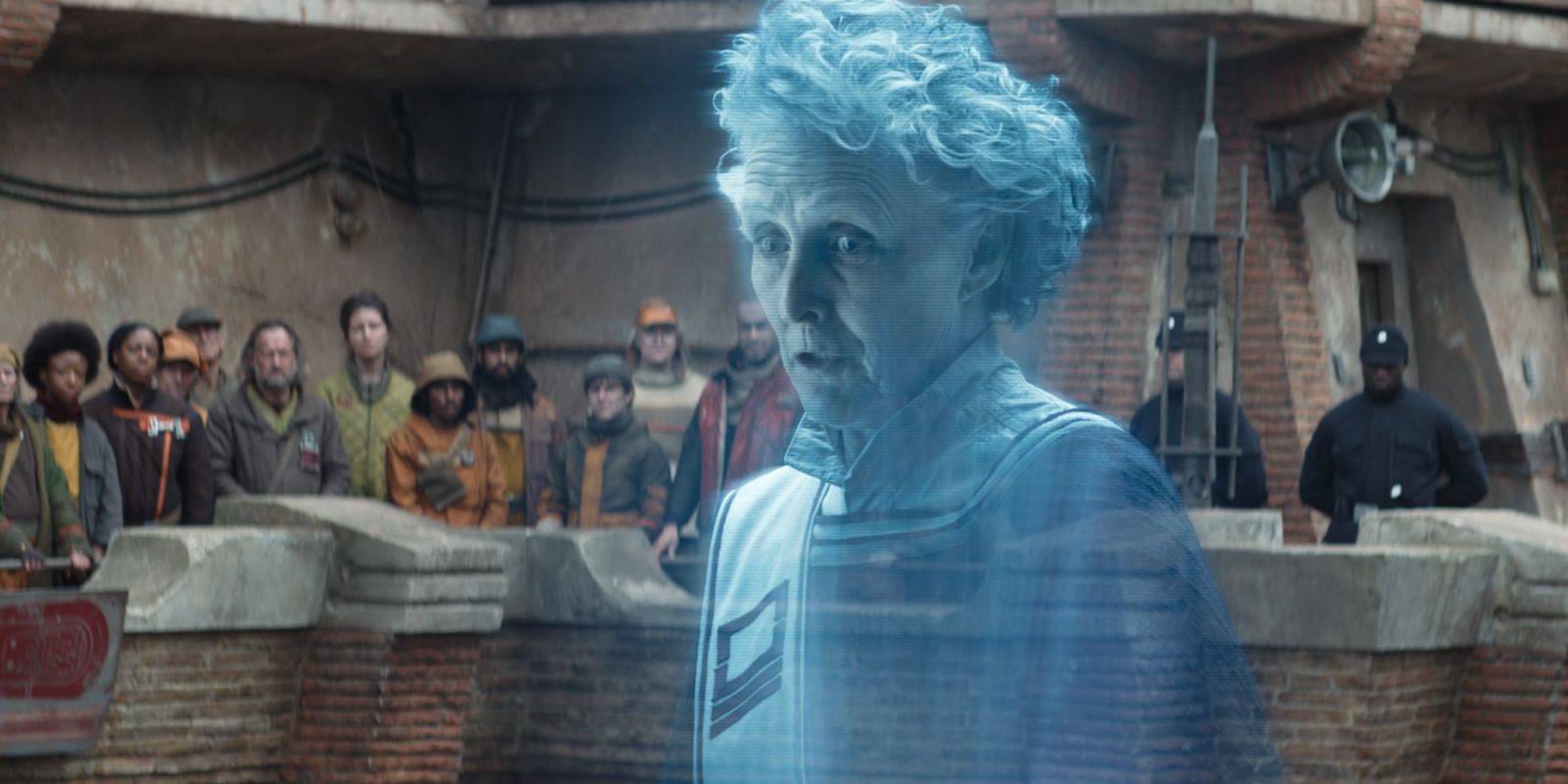![]()
Discreet is a psychological thriller about a mentally disturbed drifter, who in returning home to Texas to make amends with an alcoholic mother, is confronted with a haunted past. Desperate to deal with his demons, Alex sets out to avenge the source, while engaging in psychosexual rendezvous with various strangers along the way. Flashbacks to abusive scenes, creepy motivational videos and images of a floating dead body, blur the lines between reality and fantasy in this thought-provoking, twisted mystery.
The film madeits World Premier at the Berlinale film festival this past week, giving us a chance to meet and chat with director, Travis Mathews (Interior Leather Bar and I Want Your Love). In speaking with Mathews, one can easily detect his fascination with exploring taboo topics and delving into the deeper psyche of his characters, which explains his psychology background. He was very insightful as we touched upon several topics, which ranged from filmmaking, psychology, politics and more. See the LRM interview below.
![]()
Courtesy of Berlinale
LRM: First of all, let’s talk about the script. I know that your background is in psychology and that explains the psychological thriller aspect of the film. Can you talk about the inspiration for this script and how you brought this character to life?
Travis Mathews: Sure. I was in Central Texas actually preparing another film that didn’t happen and it was a film that I spent three years working on. And when it fell apart I had been spending a lot of time in Texas and absorbing the environment because this was a film that was supposed to take place in Texas. Absorbing the environment and just feeling into my surroundings. When this other film didn’t happen I had this sense of urgency to, first of all, make something. I knew I needed to make something whether one person saw it or a million people saw it, I wanted to do that and I wanted to do something that was bold. I felt frustrated with this other project, but more importantly, I was feeling the energy in the air in America, it’s time and certainly now. This was summer of 2015, there was this almost palpable sense of anxiety in the air about what was coming, what was possible and there were all of these people that had previously been on the fringes of the white supremacy, this like far alt-right movement, all of these people who had been on the fringes were now seemingly ascending with power, and it felt like a scary moment. I wanted to channel this energy into something that could be through a character, like almost as a character drama. I wanted to channel it through this character of Alex in a way where people could view the movie in multiple ways. I wanted there to be a political subtext to it but not one that was so boxing or beating people over the head with it. But I wanted to do it through, as you were saying, around psychology. I wanted to get into this character’s head and get into the surreal world of his head and the trauma that he’s both fighting against and also re-engaging with in order to find his way in the thriller aspect of the movie. This is kind of a tangential way of saying that I basically took the pulse of what was going around and I wanted to channel that through this character, and the long and short of it is things are scary, things are dangerous and there’s free-floating anxiety.
LRM: Is clip of the lady who is in the opening scene and then comes in and out throughout the film, on a subconscious level or real?
TM: She’s almost both. In the real world there’s a really thriving internet community around something called ASMR. Stands for Audio Sensory Meridian Response. These are people who have YouTube channels with millions and millions of hits on videos that are very much like what you saw in the film. Usually women, not always, but they whisper into the microphone, these 3D microphones and they make little sounds and they’re used by people to sleep and they’re also used by people who suffer from PTSD. This is a thing that really exists that I was fascinated with.
LRM: It’s kind of creepy.
TM: It’s creepy, exactly. One of the reasons why I wanted to utilize it here is because it’s something that’s used for soothing, healing purposes, as I’m describing, but also it’s so easy to watch it by a lot of people and feel that it’s creepy and feel that there’s something that feels not quite right about it and so it made sense to me, it made sense for this character of Alex to engage with this thing that creates a layered alienated intimacy. He’s a character who’s been damaged so much that trying to connect and find intimacy is something that almost has to happen through these interfaces, right? And I also wanted the element of Mandy, this YouTube personality, because I wanted her to come into the film as a source of support for our character Alex, but also as the movie progresses for this kind of creepy unease that you’re pointing to slowly, as we delve deeper into his mind and his trauma, for this character of Mandy to be almost questionable as to whether or not, a, is she real, is she part of his unconscious, and/or is she a support to him, or is she a harmful thing, because as the movie progresses, what’s good, what’s bad, what’s real, what’s not real, what’s in his head becomes more of a surreal kind of stew.
![]()
Courtesy of Berlinale
LRM: Yes. It’s sort of a blur. It makes you question things, and it’s not so clear-cut. The film has some shocking moments,like the floating body, which raises speculation. Can you talk about the common thread of homosexuality in your films and how far we’ve come on that topic, in your opinion with what’s happening in America? Have we regressed or progressed?
TM: I think things are certainly regressing, at least in this moment, and at a whiplash pace, right? And when I was in Texas, as I was saying, I was kind of like taking the temperature of the world around me, and I was taking the temperature of the world, of America, and then in the place I was at in Texas. In the place I was at in Texas, I wasn’t surprised by how many men I found on the gay hookup apps that were closeted or were hiding behind things, but I was surprised by the degree of racism, and internalized homophobia, and all of these other things that seemed so alive. And in my mind, we’re woven into these larger factions of the rise of this whole like white supremacy– this whole like machismo of taking America back, and this whole mythology that has no room for minorities, has no room for outside voices. And these gay men who are using these apps, they live in these communities, and I think the more it becomes dangerous to show yourself or shameful to show yourself, especially in areas like Rural Texas, you’re going to see more people hiding behind black boxes that say, ‘‘Discreet.’’
I was fascinated by that, I was disturbed by it, but I was fascinated by it as a filmmaker, and as someone who likes psychology of just this black box of what that is, and what people are hiding behind. This idea of discretion became kind of launching pad for larger issues in the film, in ways to understand all of the ways discretion can be problematic through– I don’t want to go into spoilers or anything, but through different kinds of abuse, different kinds of secrets that are held, different thing that are untold but understood. And that even went into the making of the film, not to be too cheeky or clever. But I wanted the whole construction of the film to both reflect Alex’s mindset, but also reflect this idea of discretion of like what we’re not showing, what I’m withholding, and letting the audience kind of absorb or figure out.
LRM: It’s quite shocking actually that so many years later people still have to hide. On one side, I think it almost makes it more exciting for people, because it’s forbidden in sort of a sense, but then, on the other hand, I don’t know, we’re looking 40, 50 years later when films were first starting to be made about homosexuality, and you still having to hide behind these black boxes in so many communities, and maybe more so in Texas than in New York.
TM: For sure, but it still exists and progress in social justice is not a direct linear path. I mean, the whole world has moments of spikes, and liberalism, and progressive movements, and then like us being pulled back, like the whiplash of that, but I do think that the trajectory is in the right direction, and I think we have to be honest that things are much better in so many ways for almost all people, than they were however many years ago. And the resistance that you’re seeing against Trump, and this authoritarian regime, that he’s putting in America and pushing forward. I have more hope actually than I’ve had in quite a long time, because of how strong this resistance is. It remains to be seen, I feel like every day is a new big new story of things happening, and we’re in an interesting moment.
LRM: Yes. We’re living in a film right now.
TM: We are living in a film.
LRM: Who would you say are some of your inspirations director-wise?
TM: I can tell you some general ones, but specifically for this film– I mean it was almost like I wanted to– Michael Haneke was an inspiration for this film, Gus Van Sant is always an inspiration, Todd Haynes is always an inspiration, especially earlier Todd Haynes, Nicolas Roeg, like earlyNicolas Roeg is a strong inspiration, Don’t Look Now is my favorite film ever, and part of the reason why that’s my favorite film I think, is that it manages to be all of these things at once.
It’s one of my sort of– I don’t go into movies and have like, this is my criteria, but in my mind, something that is a marker of a great film, is you can– different people can experience it so differently. This film Don’t Look Now, it’s a tragic romance, but it’s also a horror movie, it’s also a suspense thriller, it’s all of these different things, depends on who you are when you go into it. And my greatest aspiration I think would be to make films that ask– I don’t want to say, “Ask a lot of the viewer,†that present stories and points of view that different people are going to respond to, potentially widely in different ways. In terms of how they would describe it, or what they would take from it. I don’t want to talk about other people, but for myself, I kind of feel like I don’t want to make movies, unless I’m trying to make something that feels like a bold statement, and I realized that in doing that I’m going to alienate some people, and I’m okay with that, but I’m also human. So sometimes it’s kind of like, “Dammit,†but at the same time, I feel like there’s not a point to making movies to me, with so many people making movies, unless you’re trying to do something that feels bold, or personal, or political in some ways, and that’s where I’m at.
![]()
Courtesy of Berlinale
LRM: Well, that’s your craft, and you don’t want to please everybody. You can’t please everybody.
TM: No, of course.
LRM: With your style of filmmaking, you aren’t afraid of making a bold statement, but you also want people to interpret things in a different way, depending on where they are in their head at that moment. What would you like people to take away from your films? Is there a message you hope to convey in your filmmaking?
TM: I mean in general everything I’ve always done has had different– I mean, I started doing documentary work when I was more like entrenched in psychology, and like getting my Master’s in psychology. I started doing documentary at the same time, and my interests have always been and continue to be, but being looked at through different prisms, male intimacy, technology, and alienation, and how people find intimacy in those ways, and then exploring sexuality and masculinity, but I always like to puta premium on– I mean, it’s kind of trait to say, because I feel like a lot of filmmakers say this, but I like to examine the outsiders within the outsiders. I have no interest in doing movies if it’s going to be a queer film of like chiseled bodies, and people who have first world problems.
But I’m not interested in people who aren’t flawed and complex, and right now I feel like I can’t imagine making work now or in the near future that isn’t really driven by my politics, and I don’t want to make something that’s so like a polemic, where it’s like, “God, that was a lecture.” But that’s what I mean about people taking different experiences and different messages from this movie, in particular because some people hopefully will see the politics of what I’m trying to do with this film and the metaphors that exist within it while other people might see it just as a minimalist thriller.
LRM: I know you’ve worked with great actors. Is there anybody that’s on your wish list for the next film or the next project?
TM: That’s an interesting question.
LRM: And, what are you working on?
TM: I can’t really say, unfortunately, I’m being coy about it. My next project is also going to continue with what I’m describing in terms of injecting the DNA of the film with my politics. And in terms of people that I want to work with, jeez, there are so many people. There’s a lot of actresses that I want to work with, I feel like I’ve done so many movies that are almost exclusively male and I’m ready to, not that I’m ready to abandon the men and the issues that I’ve been working with, but I’m interested in expanding my world. Certain actresses Tilda Swinton, Julianne Moore, you know, the indie darlings of cinema that still continue to– Patricia Clarkson, they take risks, actors and actresses who take risks and aren’t afraid to go bold with the movie.
Synopsis for Discreet:
After years in hiding and struggling to control his demons, an eccentric drifter returns home and discovers that his childhood abuser, the center of his pain, is still alive. Armed with this knowledge, the drifter plots his revenge, all the while navigating the perilous land of masculine fragility in modern-day America.

 FOR FANBOYS, BY FANBOYS
Have you checked out LRM Online’s official podcasts and videos on The Genreverse Podcast Network? Available on YouTube and all your favorite podcast apps, This multimedia empire includes The Daily CoG, Breaking Geek Radio: The Podcast, GeekScholars Movie News, Anime-Versal Review Podcast, and our Star Wars dedicated podcast The Cantina. Check it out by listening on all your favorite podcast apps, or watching on YouTube!
Subscribe on: Apple Podcasts | Spotify | SoundCloud | Stitcher | Google Play
FOR FANBOYS, BY FANBOYS
Have you checked out LRM Online’s official podcasts and videos on The Genreverse Podcast Network? Available on YouTube and all your favorite podcast apps, This multimedia empire includes The Daily CoG, Breaking Geek Radio: The Podcast, GeekScholars Movie News, Anime-Versal Review Podcast, and our Star Wars dedicated podcast The Cantina. Check it out by listening on all your favorite podcast apps, or watching on YouTube!
Subscribe on: Apple Podcasts | Spotify | SoundCloud | Stitcher | Google Play



